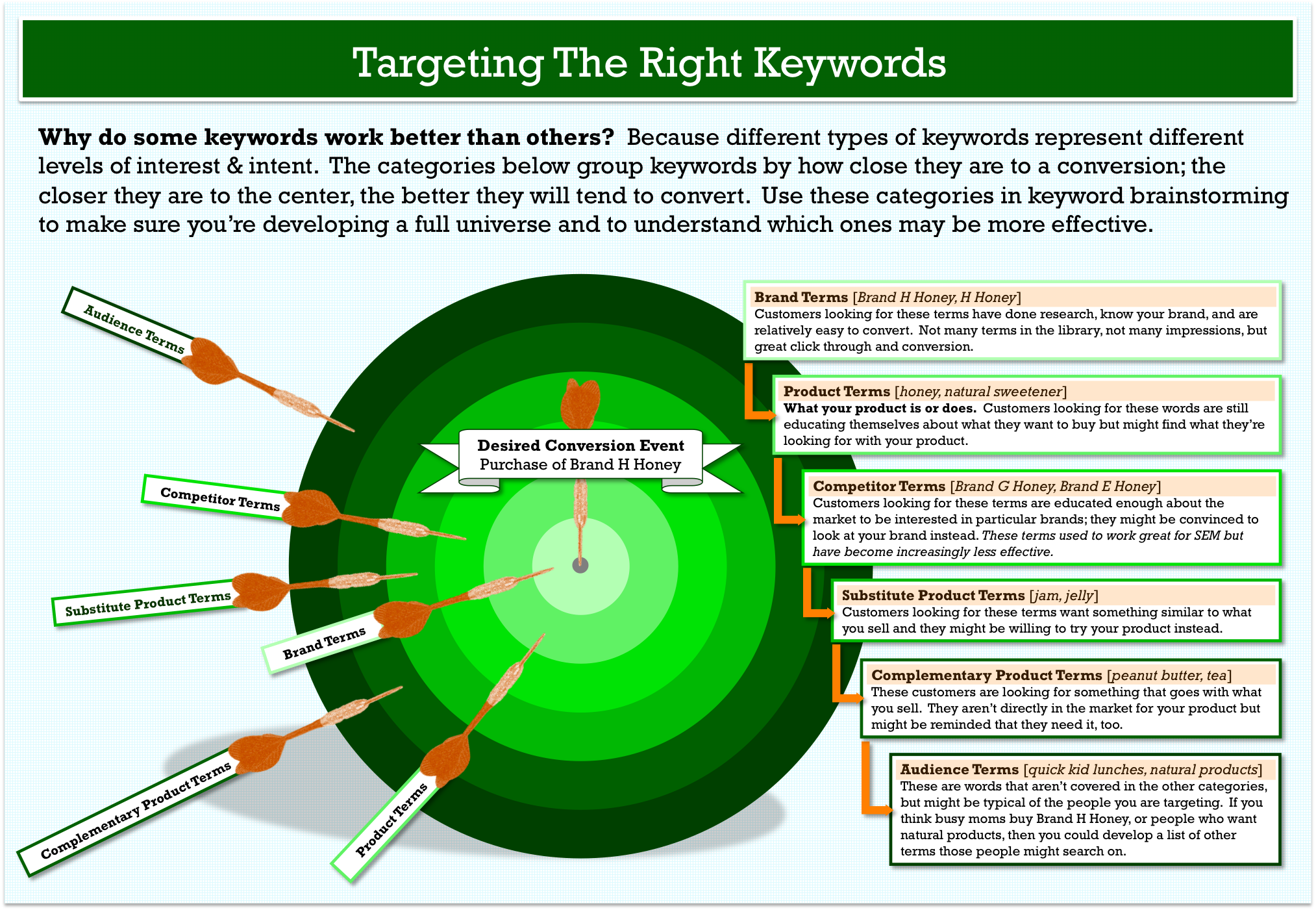For digital marketers today, keyword research holds main prominence. In fact, it is a very essential skill for the perfect SEO content. The whole motive of using keywords is search engine optimization. In fact, businesses that have a strong keyword in the business name rank 1.5 spots higher than websites that do not have a keyword in their name.
You need to have free flowing, smartly distributed keywords in your site content, meta descriptions, titles and tags. This is why you need to perform thorough and precise local SEO keyword research to find the best and most popular keywords for your content and your local business.
Other than coming up SEO keywords, you also need to look at the right metrics to ensure your keywords make search engines an efficient marketing channel. After all, the right keywords help you enjoy higher ranking compared to your competition. If you are wondering which kind of keyword research metrics to use, you can find out through these keyword research tips.
Get to Know and Understand your Customers
To ace any SEO strategy, you need to be thoroughly aware of your customers. Rather than making a long list of keywords that need to be targeted, you must understand what your customers are looking for when they are browsing for products or services. You need to create at least two buyer personas for your customers, if you haven’t already. This ensures you get a fair idea about the personality traits of your target audience.
Go on to understand the different ways they go about when hunting for a product you provide. Get to know the processes involved in their research and what eventually causes them to buy a product from one business and not the other. At every phase of their buying process, see that you have something of value to offer these customers. You can then understand how to do keyword research effectively.
Figure Out Your Keywords
A search engine optimization plan is incomplete if you don’t have a clear picture of the keywords and phrases that your target audience is using to find information, service, or product online. Nearly all search engine optimization tips will tell you this at the outset. While there are several tools that can help you find the apt keywords, stick to a tried and tested keyword research tool to perform thorough keyword research.
You don’t have to worry, as you can perform Google keyword research by just typing in the keywords into the query box. This will let you see the most frequently searched terms. Be sure to conduct long tail keyword research as well to cover a wider section of your target audience.

As a part of your SEO keyword research, you should be looking to find different variations of your main keywords as well as analyzing the competitiveness of those keywords. This will ensure you opt for keywords that have a high volume of search, but are not too competitive.
You can use Google Planner, which is an exceptional Google keyword research tool, to find out whether the competition for a chosen keyword is high or low. This tool also helps you out for PPC keyword research, by making it easier for you to create ad groups and ad campaigns. Remember, you can rank high, even get the top ranking, for keywords with low or medium competition.
Keyword Search Volume
You may wonder why keyword search volume is important. While you can be the number one ranked page on Google for a particular keyword, it will be hardly worthwhile if just a handful of people use that keyword on a monthly basis. So, your local keyword research should also lay emphasis on the search volume that is high enough to optimize your webpage for it. This is known as targeting the right keyword.

From your Google keyword research and other research sources, select just those keywords that have a substantial search volume each month so that you can use them in your webpages to generate adequate organic visitors. This is where long tail keywords come into play. It is advisable to use a variation of the main keyword that is more targeted.
Analyze Your Competition
SEO allows businesses to leave their competition behind in search engine results. So, it makes perfect sense to first find out the competition for the keywords you want to target and then check out how each competitor’s site ranks for those keywords.
Position Tracker from SEMrush allows you to input your competition’s URLs and then this tool will analyze the rank of your keywords against that of your competition. You will also come to know how your competition ranks for Google Adwords ads. So make sure you never neglect competitor keyword research, or you will live to regret it.
Make sure while analyzing your competition, you also take a close look at their description and title tags, the backlinks they have, user interface of the website, and other on-site and off-site activities that help in search engine ranking.
Use Keywords in the Right Places
While your content should be exceptional, make sure you insert the selected keywords in the right places. These keywords should be part of your webpage description, webpage headings, and meta titles. Make sure you insert the keywords towards the front portion of the content.
As a part of your local SEO strategy, every single page of your website should be optimized for the chosen keywords. Make sure you spread out the keywords in the content and use them in a meaningful manner. Typically, each webpage should have two to three keywords and long tail keywords.
The Bottom Line
Local SEO requires concerted and ongoing effort. Every few weeks, you will have to conduct keyword research and use SEO tools to figure out what your target audience is looking for. This is because customer choices and preference change and you should be aware of the changing trends, which you can decipher through proper research. This is the only way to ensure best local search SEO.













